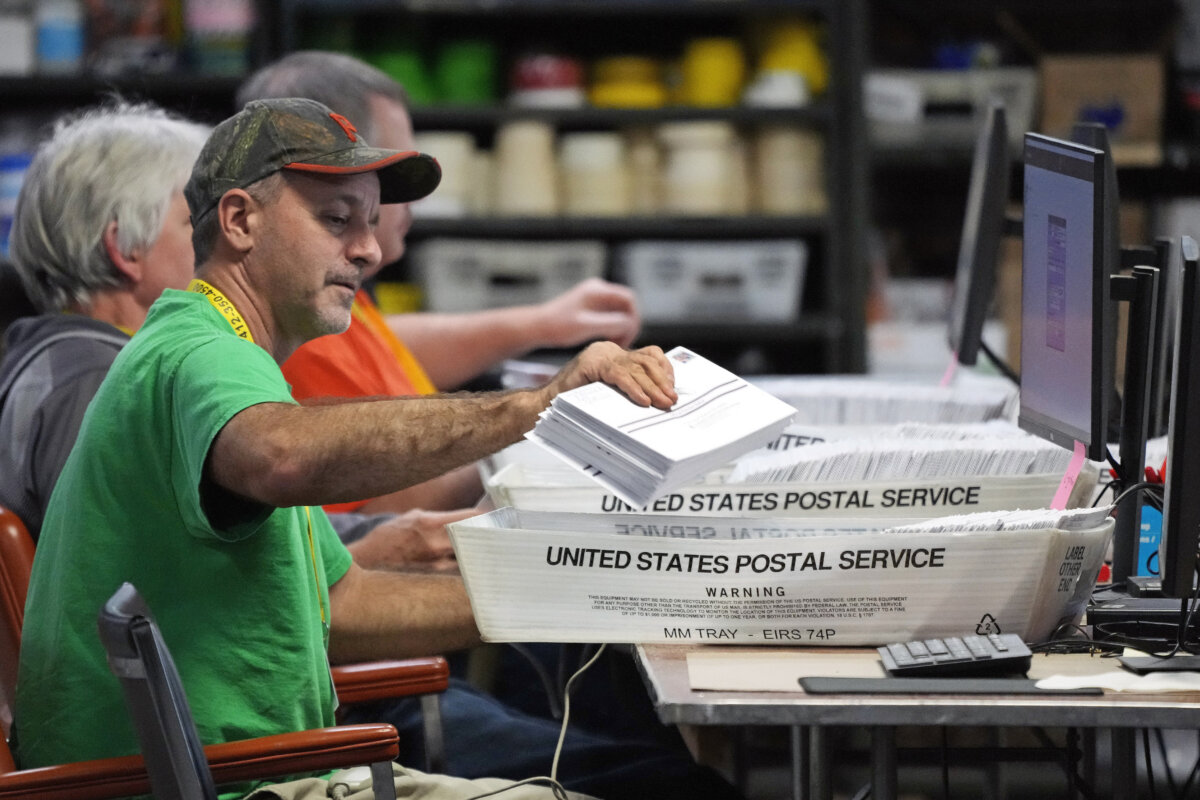OTTAWA – Canada stubbornly refused to monitor Afghan prisoners, some of whom disappeared into unofficial “black site” jails, until public attention left it no choice, diplomat Richard Colvin claims in a stinging letter filed with a House of Commons committee.
The 16-page, point-by-point critique of testimony and public claims by federal officials is laced with several new allegations that will no doubt feed the political wildfire burning over the prison torture issue.
The intent of the letter, delivered Wednesday to the special committee on Afghanistan, was to rebut critics who’ve tried to tear apart his claims of abuse in Afghan jails and what Canada knew about it.
On April 24, 2007 – one day after allegations of torture were published in Canada – the Canadian embassy in Kabul recommended a system to monitor prisoners, Colvin wrote.
But the advice was rejected by the senior federal official in charge of the Afghan file, David Mulroney, who is now the ambassador to China.
“In our one page memo, we suggested that Canada should negotiate a new detainee (memorandum of understanding), set up an effective monitoring mechanism, and try to reduce the number of detainees taken,” says Colvin’s letter.
“Mr. Mulroney replied within hours to reject our advice, instructing us instead to implement the contingency plan.”
The revelation flies in the face of the Harper government’s assurance that it took swift action to rewrite the transfer agreement once allegations were made.
To that point, the document had not allowed Canadians to check on the welfare of prisoners it had taken on the battlefield and handed over to Afghan authorities.
It also raises questions about whether federal officials misled the international Red Cross, which had issued urgent warnings and was told in November 2006 that Canada intended to conduct some form of monitoring.
The public outcry over the torture allegations forced the Conservative government to sign a new, stricter deal with the Afghan government on May 3, 2007. It was then that diplomats fanned out in Kabul and Kandahar looking for victims and to confirm the published accounts.
Colvin claims one of the reasons Canada has not been able to track some of its prisoners is because Afghan intelligence runs so-called “black sites” that are not open to inspection by the Red Cross. The former governor of Kandahar – Asadullah Khalid – was accused of running a series of private jails and abusing suspects.
Ottawa has said there were no “credible” reports of torture until November 2007, but Colvin meticulously lists the interviews conducted by diplomats and the abuse allegations they uncovered.
Conservative MPs have picked apart the individual accounts, saying Taliban are trained to lie and even suggested that Colvin was duped by a clever insurgent propaganda campaign.
But the diplomat responded with a blistering shot that calls into question how well the Tories understand who they are fighting in Afghanistan.
“Witnesses who testified that the Taliban are trained to claim torture seem to be confusing Taliban insurgents (poorly educated Pashtuns, usually illiterate, with a parochial, Afghanistan-centred agenda) with al-Qaeda terrorists (international jihadists, often highly educated).”
“There is to our knowledge no Taliban equivalent of the al-Qaeda ‘Manchester manual,’ which was aimed at a sophisticated, literate audience.”
A spokesman for Defence Minister Peter MacKay said the government can’t say much more than it already has in its own defence.
“In past weeks, we have heard from no less than seven senior military and diplomatic officials who have all refuted Mr. Colvin’s claims,” said Dan Dugas.
“The events happened over three years ago and have been thoroughly aired many times since then. When military and diplomatic officials have been presented with credible, substantiated evidence, they have taken appropriate action.”
Daniel Petit, a Quebec Conservative MP, went a step further and told RDI, the all-news French-language service of the CBC, that Afghan committee hearings have been shut down because the torture issue is poisoning the debate.
“We have decided to support our troops, to stop the opposition from calling them war criminals,” Petit said.
Knowingly handing a prisoner over to torture is a war crime under international law.
The New Democrats said the failure is not with the troops, but with the civilian administration, adding the letter contradicts the government assurances and strengthens the case for a public inquiry.
Ujjal Dosanjh, the Liberal defence critic, accused the Conservatives of having an “everything is fair in war” attitude and of also not understanding the complexity of the war they’re fighting.
“The lack of understanding; or the failure to understand; or the inability to understand stems not from lack of intelligence – or a lack intellect, but it’s a lack of desire and the willingness to understand” what has gone on in Afghanistan, he said.
Senior federal officials and some of the country’s top generals dismissed his claims that he warned them about potential abuse in 2006. They said his reports were either too vague, or based on hearsay and second-and third-hand accounts.
But Colvin lists who he was talking with, including the U.S. government, the United Nations and European Union diplomats, as well as international human-rights groups.
He dismissed a follow-up Afghan government probe, which concluded there was no basis for the torture accusations. Colvin said Canada’s ambassador refused to accept the Afghan intelligence service’s investigation report because the one-page document was “so weak.”
Retired general Rick Hillier, the former chief of defence staff, ridiculed as “ludicrous” Colvin’s claim that all Canadian-captured prisoners in 2006 and 2007 were likely tortured, and said that Taliban suspects were detained legitimately and subjected to gunshot residue tests.
But Colvin insisted Wednesday that Afghan intelligence “told us that many or most of our detainees were unconnected to the insurgency” and that the assessment was reported to Ottawa.
“The (National Directorate of Security) also told us that, because the intelligence value of Canadian-transferred detainees was so low, it did not want them.”
The NDS complained as recently as September that Canadians were still handing over suspects with little evidence.
On the question of whether all prisoners were tortured, Colvin responded the claims “came from highly credible sources,” that the information was reported to Ottawa in May and June 2007, but he could not be “more specific about the date without risking identifying the source(s).”
That information was not based on prisoner interviews, he said.
He told the committee there were alternatives to handing over the prisoners to Afghans, including a NATO-run detention centre. He also suggested bypassing Kandahar jails and depositing prisoners directly with Afghan intelligence in Kabul.
“The Canadian embassy proposed this solution, but it was rejected on the basis that detainees would take up too much space on C-130 flights to Kabul,” his letter says.
















